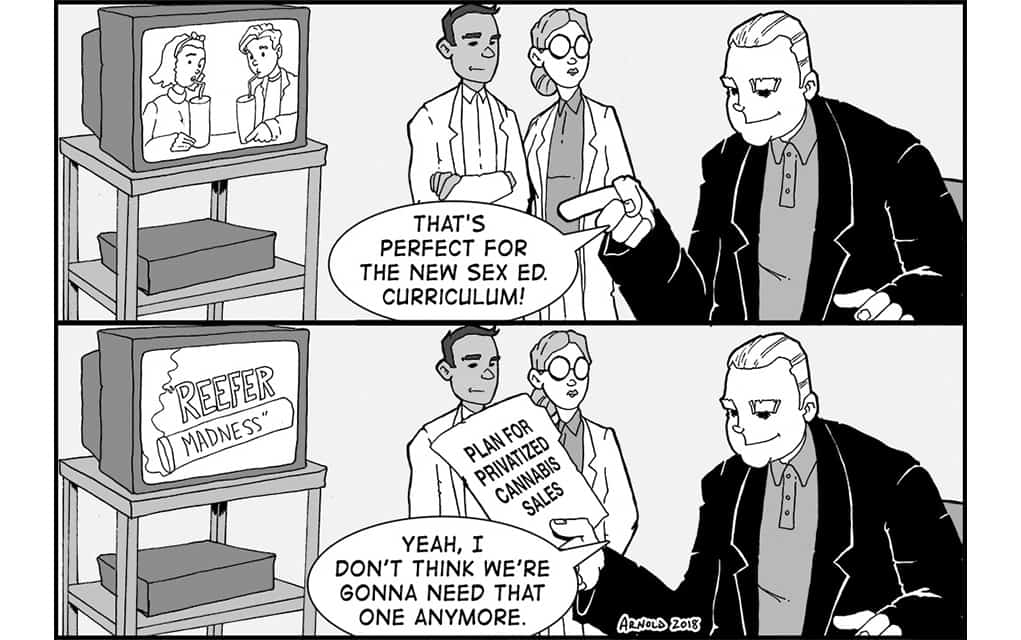;
;
;
Next Article
The View From Here – August 16th, 18

The killing in Fredericton of four people, two of them police officers, has sparked another round of the eternal gun-control debate. Even in Canada, we’ve not done enough to eliminate such mass shootings, but at least the discussions will be much less charged than south of the border. Another of our
Last updated on May 03, 23
Posted on Aug 16, 18
4 min read
